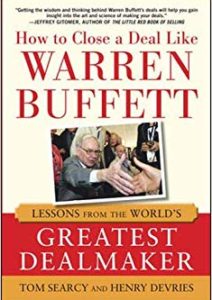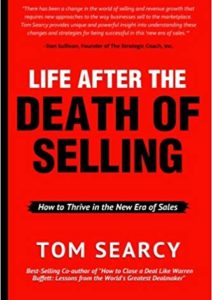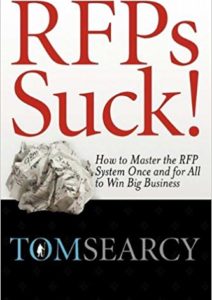Every time I turn around, there are potentially awkward situations for small talk. Get-togethers, cocktail hours, new coworkers at lunch, etc. — the small talk opportunities are everywhere. If you find yourself less than excited about these encounters, here are a few tips to help:
1. Make the first move — Hand out, smile on, greeting ready. When you make the first move, you create some energy and put yourself in a confident position. It takes a little practice if you are uncomfortable doing it, but if you get good at it, then you start the conversation stronger and it makes small talk a little easier.
2. Find common ground fast, or flee… Common ground is some point of life intersection we seek with people we meet for the first time. Geography, education, hobbies, children, sport teams and many others make up the general opening topics of conversation. This is how we connect with people we do not know. My recommendation is to take no more than three good shots at finding common ground in a conversation with someone. If you have nothing in common, then don’t feel bad about it. They know it, too. Make your gracious exit.
3. Make an impression, but don’t leave a mark — People go to opposite ends of the spectrum of word volume when they are nervous — too much or too little. If you want to make an impression, strive for the middle through questions and comments. If you are talking half of the time, the person with whom you are speaking will think you are monopolizing the conversation. There is just an inaccurate impression created in conversation. If you let them speak 70% of the time, then you will be thought of as a courteous person good at conversation.
4. Have 3 good questions at the ready — You have probably heard that people like to talk about themselves. Questions are the way to activate that truth, but for your own sanity and to create actual interest you will need interesting questions. I encourage you to develop questions in these categories:
- Observations of change: Ask the person what changes they have seen in a particular area of business, sports, movies or some other topic over the past year. This creates a conversation rather than an interrogation with monosyllabic answers.
- Superlative comparisons: Ask questions with the words “best”, “worst”, “most” and “least” in them. Through these questions, you get a comparative conversation with some intensity and passion in it. You may not like the answers you get, but you will get some engagement and increase the interest.
- Future predictions: Ask the person what they believe will happen in the next year in a particular topic. Sports is always safe and politics usually risky. However, that doesn’t mean that you should stay away from one and favor the other. The point is to create dialogue, and speculation about the future does just that.
5. Let the silence work for you — A friend of mine feels the need to fill every silence of longer than 2-3 seconds. This gets him trapped into conversations that he would like to exit, but has re-engaged to avoid feeling awkward. Let the silence hang for a moment so that when you make the gracious exit, everyone understands that it was time.
6. Exiting without a trace — At a lull in the conversation when it is clear that the topics are exhausted, put out your hand and say, “It was a pleasure spending a few moments with you, I hope to see you again soon.” Then you simply move on in the room to other people.
Almost all of us have some social obligation that we are less than enthused to attend. Having some skills for small talk will give you more confidence and get you through the discomfort.












